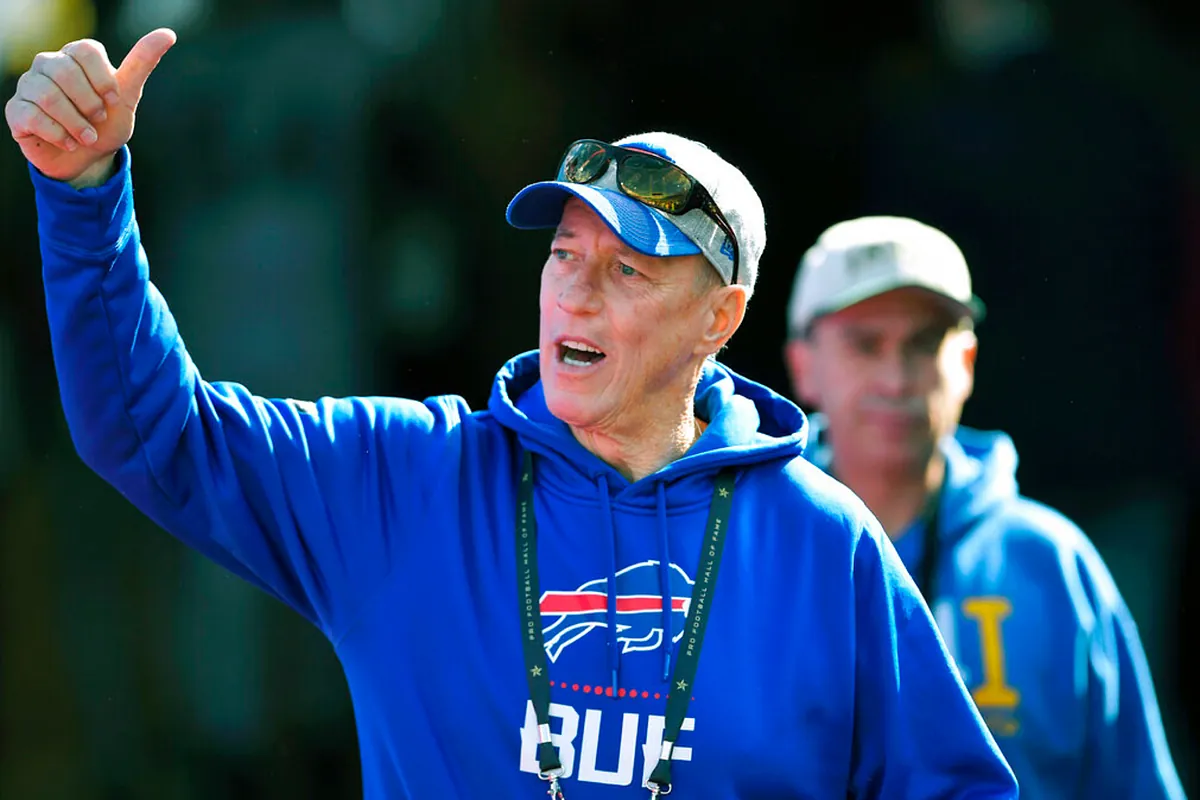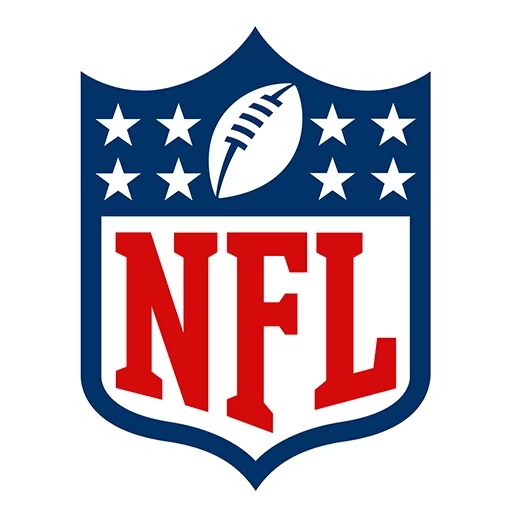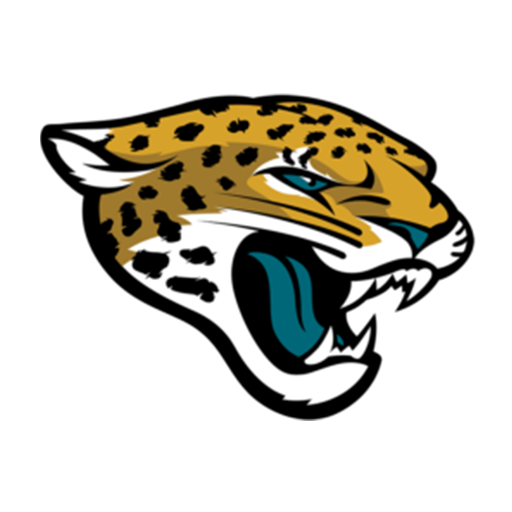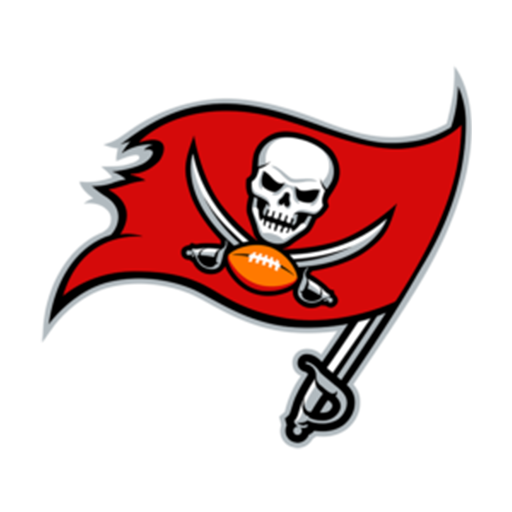
The grandson of Bills legend Jim Kelly leaves the hospital after spending 38 days there
four consecutive Super Bowls from 1990 to 1993. Despite coming up short in each of those appearances, Kelly’s impact on the Bills and the NFL as a whole cannot be understated.
Born on February 14, 1960 in Pittsburgh, Pennsylvania, James Edward Kelly grew up in a football-loving family. His father, Joe Kelly, played football at the University of Notre Dame and went on to coach at the high school level. Jim followed in his father’s footsteps, excelling on the gridiron at East Brady High School before accepting a scholarship to play quarterback at the University of Miami.
Kelly’s time at Miami was marked by success on the field, as he led the Hurricanes to a 12-0 record and a national championship in 1983. He was known for his strong arm, quick release, and leadership abilities, qualities that would serve him well in his professional career.
In the 1983 NFL Draft, Kelly was selected in the first round by the Buffalo Bills. Despite initially expressing a desire to play for the USFL’s Houston Gamblers, Kelly ultimately signed with the Bills and made his NFL debut in 1986. He quickly established himself as one of the league’s premier quarterbacks, earning a Pro Bowl selection in his second season.
Kelly’s connection with head coach Marv Levy was instrumental in the Bills’ success during the late 1980s and early 1990s. Levy, known for his innovative coaching style and emphasis on teamwork, helped Kelly reach new heights as a quarterback. The addition of talented offensive players like Thurman Thomas and Don Beebe only strengthened the Bills’ offense, creating a potent combination that was difficult for opposing teams to stop.
The Bills’ run of four consecutive Super Bowl appearances from 1990 to 1993 was a remarkable feat, one that has yet to be matched in NFL history. Kelly’s leadership on and off the field played a crucial role in the team’s success, as he orchestrated the Bills’ high-powered offense with precision and poise. Despite falling short in each Super Bowl, Kelly’s resilience and determination never wavered, earning him respect and admiration from fans and peers alike.
Off the field, Kelly was known for his philanthropic efforts and community involvement. In 1986, he established the Hunter’s Hope Foundation in honor of his son, Hunter, who was born with a rare genetic disorder known as Krabbe disease. The foundation’s mission is to raise awareness and funds for research into Krabbe disease and other similar disorders, providing support for families affected by these conditions.
Kelly’s impact on the NFL extended beyond his playing career, as he continued to be involved in the league as a broadcaster, commentator, and mentor to young quarterbacks. His legacy as one of the greatest quarterbacks in NFL history is secure, with his induction into the Pro Football Hall of Fame in 2002 cementing his place among the all-time greats.
In conclusion, Jim Kelly’s time with the Buffalo Bills in the late 1980s and early 1990s was a defining era in the franchise’s history. His leadership, talent, and resilience helped the Bills reach unprecedented success, culminating in four consecutive Super Bowl appearances. Despite falling short in each championship game, Kelly’s impact on the Bills and the NFL as a whole cannot be understated. His legacy as a Hall of Fame quarterback and philanthropist continues to inspire and uplift those around him, making him a true legend of the game.
Source: Marca
























 LIVE
LIVE LIVE
LIVE


